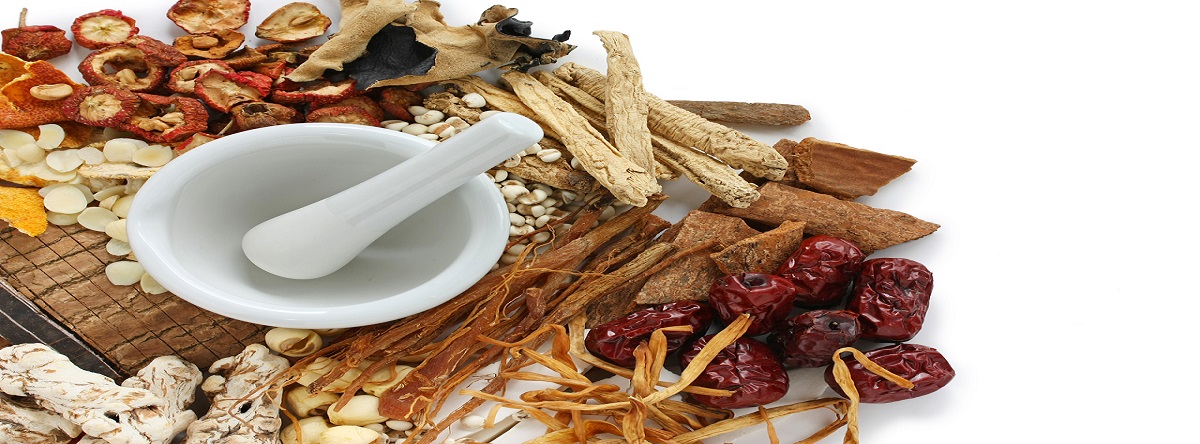You have finally understood how an organic garden could save you money on groceries. What perfect timing! The following tips can help you realize your plans for your garden.
For planting spring bulbs in the winter, decide where you want them to go and dig individual planting holes at the correct spacing. Place some small four inch plastic pots inside the holes with the rims slightly exposed and fill with soil. When spring comes, planting the bulbs is a breeze. Just remove the pots and place the bulbs in the empty hole. Fill the hole with the soil that was in the pot.
After planting your garden, maintaining it is still a work in progress. Throughout the summer season, it is a must for a gardener to continue to prune, pick or deadhead blooms. Gardening can be physically exhausting with hauling dirt and digging holes, but at the end of the day, your hard work is paid off by seeing the beauty that you have created.
When removing and replanting perennials, it is important to replenish the soil as well. If you remove a large number of perennials, and then replant them without adding additional compost and soil, the bed will be lower, reducing drainage and air circulation. Also, the compost will replace nutrients that have been used up by previous growing seasons.
Before you plant anything in your garden, have the soil checked. Many nurseries offer a soil analysis service, which will tell you what nutrients your soil is lacking and what you can do about it. It can avoid ruined vegetables and flowers, so check with places, such as a cooperative extension department to see where you can obtain the analysis.
Learn how to trim your plants. Not all plants require trimming, but if you notice unhealthy stems, trimming a plant can help you get rid of a disease or at least slow it down long enough for you to cure your plant. Do not cut too many stems and leaves: cut only the unhealthy parts.
Use foliar feeding to help shocked or struggling plants recover. Plants can consume nutrients through their leaves quicker than through their roots. If they are having trouble getting nutrients through their roots, spray their leaves with liquid food. Be careful not to overfeed them this way. They may need to feed only twice a month.
Get your kids and grand kids involved with gardening by letting them help you in the garden, and by taking them to nurseries and arboretums. Children generally love being outdoors and will soak up any knowledge you are willing to share about sunlight, water, and soil quality. Gardening is a great way for children to learn about nature and for them to bond with you.
Think carefully about how you are going to lay out your vegetable garden. Unlike most other gardens, you want to consider practicality over aesthetics for your vegetables. Some vegetables emit chemicals that can inhibit another’s growth; some tall vegetables might overshadow small vegetables, which might not allow them to grow and ripen. Look at each vegetable plant’s properties and carefully consider where to put it in your garden.
If you live in the city, you can still reap the benefits of organic gardening through container gardening. Herbs especially will thrive in indoor pots, as long as they are large enough. Container gardening can be easier than outdoor gardening when going organic, as there is less risk of exposure to insect pests or weeds.
Make bloom-times overlap. Plant both early and late blooming plants next to each other, so that you have flowers all season long. Shallow-rooted annuals can be planted around deep-planted spring bulbs – when the bulbs die down, the annuals will just be coming into flower. For each season, choose one outstanding plant to serve as the key flower. Plant in drifts throughout the bed, and fill in with secondary flowers.
To prevent pain in your knees while gardening you should use a knee pad. A knee pad is typically a foam board that will allow your knees to rest on padding rather than on the ground. You will find that most of the knee pads that are sold in stores are less than $10 and can be purchased anywhere that gardening supplies are sold.
You should check your gardening tools on a regular basis to make sure that they are still in good condition. Sheers, pruners and lawn mower blades all become dull after many uses. You can easily sharpen the blades yourself or have a professional sharpen them. By sharpening the blades you will not have to replace the tools altogether.
You will now be better prepared as you start pursuing organic gardening. No matter how comfortable you felt about the subject, you should be more so now. The tips above should have given you some advice and grass seed that grows anywhere, so that you can begin an organic gardening adventure in your own backyard.

